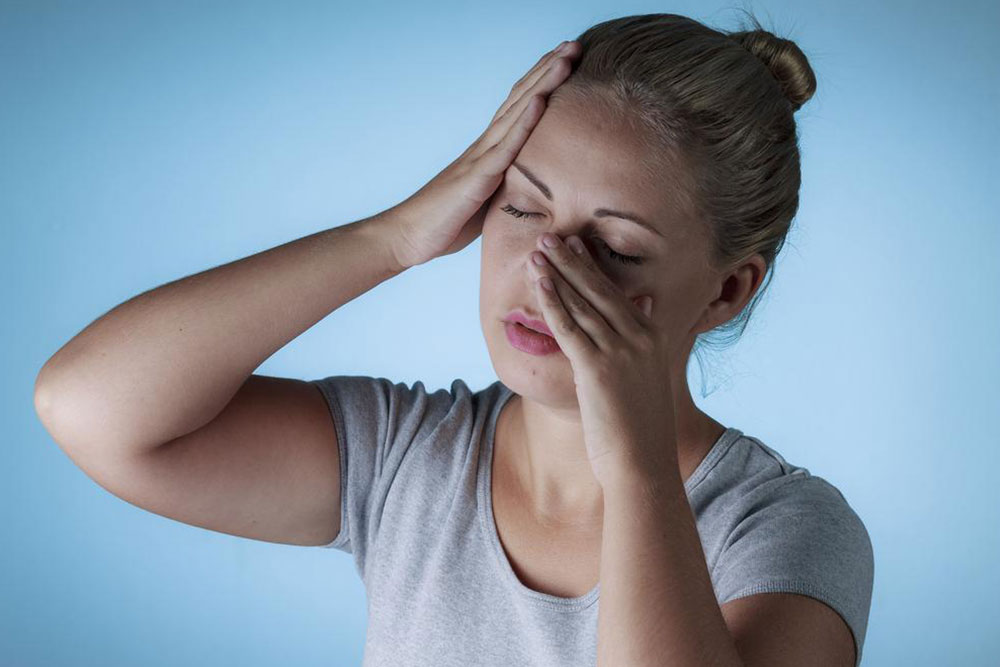An introduction to allergic sinusitis
As the pollen season approaches, sinus infections become common place and are a cause for discomfort to a lot of people. At this time, instead of air, sinuses get filled with fluid that blocks them and encourages the growth and multiplication of germs. When this condition is caused by an allergy, it is also known as allergic rhinitis.

Though this is a very common condition, it often goes undiagnosed. It therefore, becomes essential to be able to identify the characteristic symptoms of this condition. Some of the symptoms you should look out for include stuffy nose, discharge from the nose, pain and pressure in the nasal cavities and face, cough or chest congestion, loss of smell, high fever, headaches, bad breath and tooth pain.
Before prescribing any type of sinus allergy medicine, your doctor may ask for a few tests to confirm his diagnosis. A nasal endoscopy is one of these tests. This involves putting a thin long tube with a camera and lights at one end of your nostrils to give the doctors a clear view of your nasal passages.
In case of simple sinus infections, the best sinus allergy relief medicine is usually a decongestant or a saline nasal wash. This should ideally be used for no longer than three days. In cases of more severe infections, antibiotics may be prescribed for 10 to 14 days. Using a steam inhalator or a vaporizer can also help treat sinusitis. In extreme cases, your doctor may prescribe surgery to treat the sinusitis. Immunotherapy is also an effective way of treating this condition. This involves exposing your body to tiny amounts of the allergen in the form of drop, tablets or an injection and allowing your body to build immunity towards it.
Sinusitis cannot be prevented but by not actively or passively smoking, you can reduce your risk of having a sinus attack. In addition, you should also wear a face mask when stepping outdoors during the pollen season or when it is very windy. Home remedies are often not the best sinus allergy relief medicine, but they can help control the symptoms. One of the most effective home remedies for this condition involves washing out your nasal passages with a salt water solution. This cleans the nasal cavity of excess mucus, bacteria and allergens and allows you to breathe easily.


